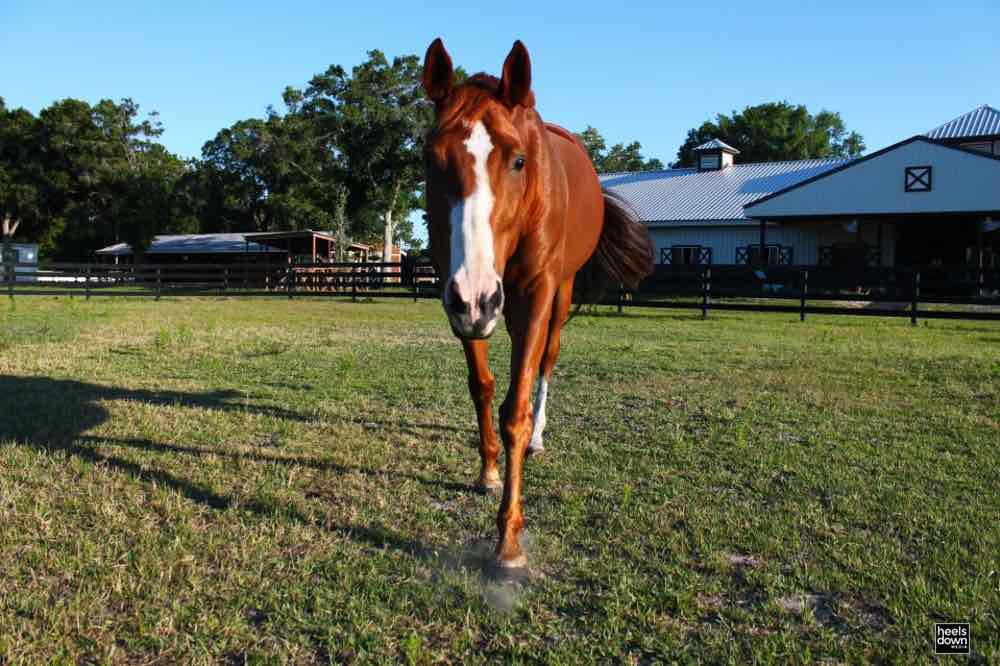A Hairy Situation: Caterpillars That Cause Abortions in Pregnant Mares

Breeding season is upon us. That means lots of thinking about stud lines, timing, nutrition and hairy caterpillars.
Wait, what?
Yes, you read that right. For the uninitiated, certain breeds of hairy caterpillars can cause abortions in pregnant mares after they ingest the little crawly things’ tiny hairs. The Eastern tent caterpillar – the main culprit in the United States – has a few million tiny hairs that can contaminate pastures where mares graze. The caterpillars can shed them directly in the pastures, or on bales of hay, or the hairs can blow out of nests in trees. After ingestion, these tiny, prickly hairs can work their way into internal organs, including the heart and uterus. This stress on the body can then cause spontaneous abortions in mares.
In 2001, this caterpillar caused about 20% of pregnant Thoroughbred mares in Kentucky to suffer abortions. In 2004, a similar outbreak happened in Australia, and other areas of the world have had episodes as well.
To combat this issue, researchers at the University of Queensland in Australia have developed some guidelines for breeding farms that center on reducing exposure to the pesky creatures and their hairs. The timelines mentioned in the university’s published materials may be slightly different for their type of caterpillar and climate, so note that the Eastern tent caterpillar found in the United States typically hatches in early March.
The researchers’ advice includes:
- Inspect tree trunk and branches for egg masses (in the United States, the caterpillars seem to like to nest in black cherry trees)
- Locate pregnant mares away from where caterpillars and their nests have been found
- Remove egg masses and caterpillar nests, disposing of them in a deep hole
- Wear protective equipment and cover exposed skin when handling caterpillars, eggs and nests
- Store equipment used to remove caterpillars away from horses and other equipment
- Wash contaminated clothing separately
- Don’t remove eggs and nests in windy weather
- Don’t remove nests and eggs if you have asthma, respiratory conditions or are prone to allergies
A full information brochure and a poster can be downloaded here. If you’re not sure you’re eradicating the right culprit or want some additional advice, contact your local agricultural extension office for assistance.

